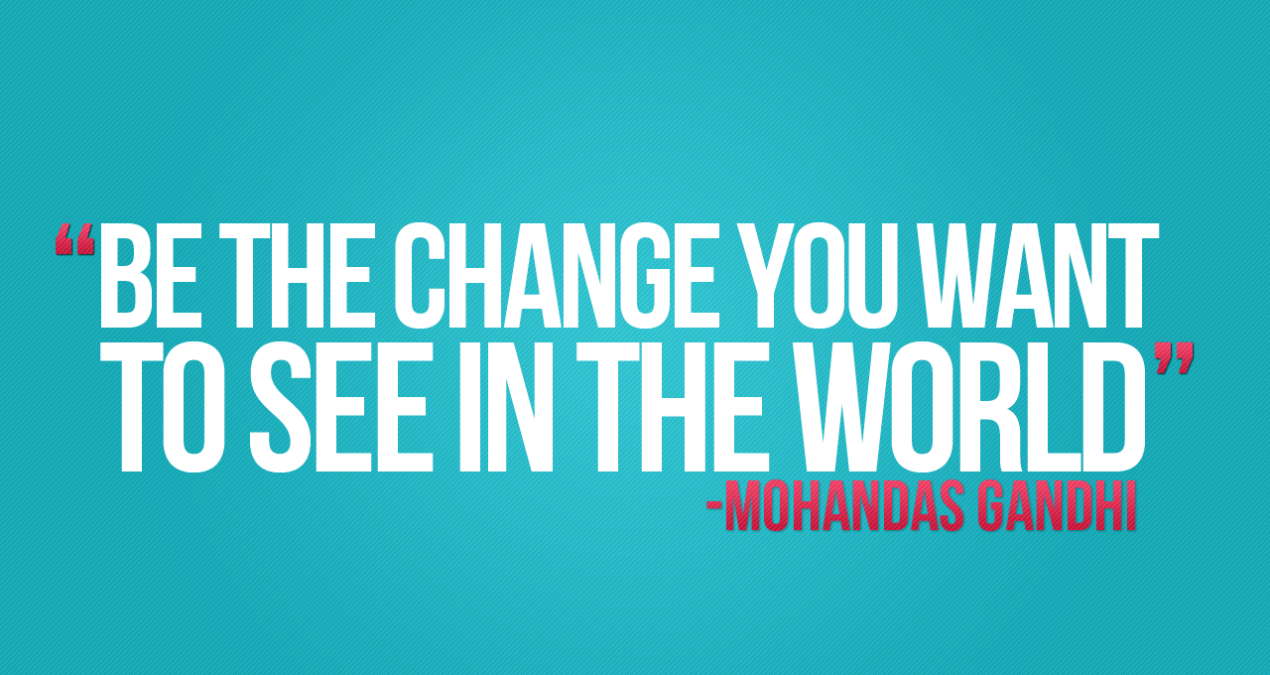By Ruby Montes De Oca
Editor-in-Chief
I cannot deny it. I felt a little pressure while deciding on the topic of my final editorial, but it became evident to me what I wanted to write about after attending a La Fuerza Latina meeting this past Thursday. The main topic of discussion was centered on identifying the challenges that first generation college students may face in their pursuit of a bachelors degree and what we could do for one another to help address some of those issues.
This topic is especially close to my heart because I am a first generation college student. In fact, not only am I the first one in my immediate family to attend a four-year institution, but also the first one in my neighborhood.
I was very confident coming into college, partly because I believed in my academic abilities and my uncanny determination. However, I was confident because I had established a support system, thanks to the Posse Foundation, even before arriving on campus. Having the support of my Posse (Chicago Posse 10), the Posse Foundation as well as some faculty and staff here on campus allowed me to feel more at ease about most of my insecurities concerning my transition to college.
Even so, upon my arrival to The Hill, I had to overcome some issues that I did not anticipate having to face. I have dealt with very unique circumstances that have ultimately hindered my ability to fully immerse myself on campus. One minor example of the conditions I was facing, was having my mom call me the first day of classes freshman year telling me that everyone at home had been laid off from work, further complicating our financial circumstances.
Adding to the list of issues, I, like many underrepresented students, have to adjust to this campus. My professors did not look like me nor did most of my peers. I still become homesick very easily because, well, the food in the dining halls does not compare to the Mexican cuisine I’m used to at home. The list can honestly continue for several pages, but perhaps the issue that hindered me the most was the pervasive feeling of being an imposter.
As I reflect on my Denison career, I can honestly say that three-fourths of my time here has been spent feeling misunderstood. Misunderstood by my peers and professors, not to mention my family and friends back home.
Many of my peers and professors have raised some concerns that students, like myself, are overly involved on campus. I agree that we must first help ourselves before we can begin to help others. However, I also believe that there is an added pressure for underrepresented students to get involved. For most of us, getting involved does not only signify that we can gain transferable skills, leadership and friendships. I find that many underrepresented students, like myself, become involved on campus because we are seeking to not only make sure our respective communities have a voice on this campus, but also because of our moral conviction to make this campus more welcoming and inclusive than how we first found it.
To all my peers who can identify with my circumstances, my advice to you is to start being open about your fears, concerns and frustrations, and start doing something about them. I’ve had my fair share of frustrations with Denison and although there is more work to be done to help the underrepresented communities, I cannot deny that this institution is making great strides to be more inclusive. I do believe that it is ultimately our duty to be “the change we wish to see in the world” as the famous Mahatma Gandhi quote says. This Hill has taken me on an outrageous emotional roller coaster, but I would do it all over again because I have been transformed for the better.

